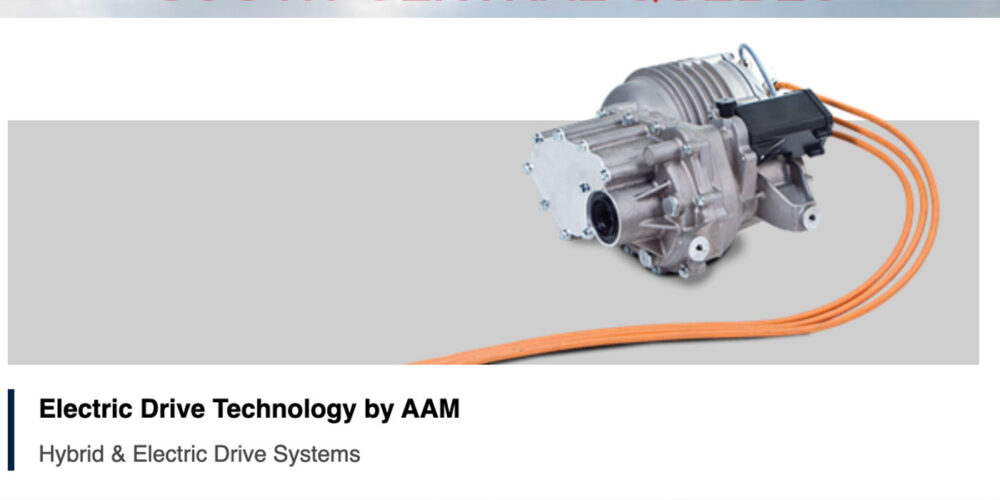Thanks to a $6 million NASA grant, University of Illinois Urbana-Champaign mechanical science and engineering professor Naira Hovakimyan is leading the way toward making flying taxi cabs a reality.
Part of NASA’s University Leadership Initiative (ULI), Hovakimyan’s project establishes the Center for Autonomous Vehicles in Air Transportation Engineering (AVIATE) at UIUC.
Hovakimyan, who also is serving as the new center’s director, said, “The primary goal for air taxis is, once the infrastructure is there and the vehicles are there to operate, you should be able to live in Urbana-Champaign in your affordable house, work in Ohio, and have your dinner in Chicago.”
Hovakimyan’s L1 adaptive flight control system, currently used to provide maneuverability and safety in airplanes, is the key to making small autonomous aircraft a trustworthy mode of transportation and may be used to sidestep many of the challenges faced by self-driving cars.
“It [small autonomous aircraft] can come sooner than a self-driving car on the road. On the road, you have pedestrians, other vehicles, and much more unpredictability,” she added.
In addition to UIUC, other team members include researchers from MIT, Georgia Tech, North Carolina A&T and University of Nevada at Reno. Lockheed Martin and Sierra Nevada Corporation are also involved on the corporate side. The advisory board includes Boeing, Google Wing and Kitty Hawk.
Flying cars have long captured the imagination of Earth-bound humans, and now researchers seek to make this notion a reality sooner than expected, resulting in many practical benefits and more mind-blowing aspects. Read the full story here.














